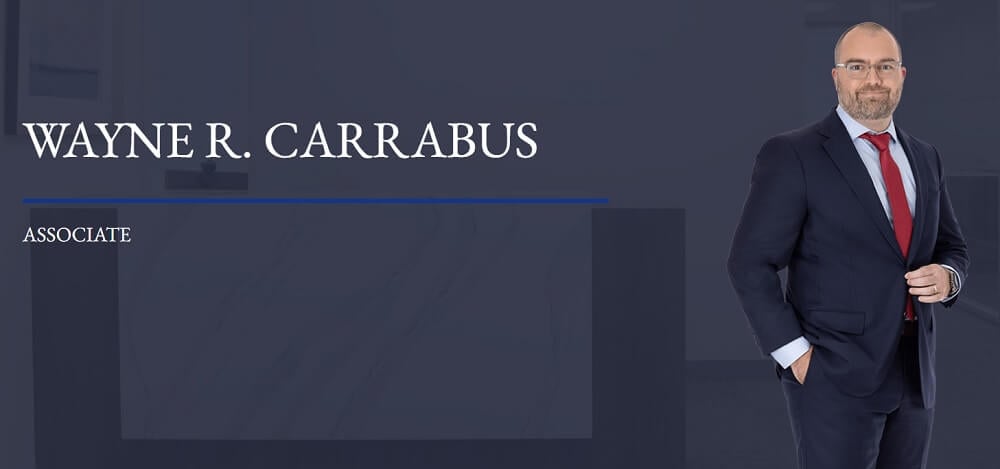A trust can become an important part of your estate plan. There are different types of trusts, and each type comes with its own benefits. Which type is appropriate depends on your goals, and the facts and circumstances of your case. There are two main categories of trusts: Revocable and Irrevocable. Understanding the difference between the two is essential when it comes to deciding which trust is right for you.
What is a trust? Generally speaking, a trust is a legal entity created by an agreement between the Grantor, or the creator of the trust, and the Trustee, the person or entity responsible for administering the trust. The trust document contains the rules and directions that the Trustee must follow. With a few exceptions, a trust can own just about any type of property or asset that an individual person can. A trust will also name beneficiaries, who will inherit the contents of the trust after the trust is terminated.
Revocable Trust
The Revocable Trust offers the most freedom and flexibility. With a Revocable Trust, the Grantor can also serve as the Trustee, and the Grantor can amend or revoke the trust at any time and for any reason. Additionally, there are no restrictions on the Grantor’s ability to use and enjoy the assets owned by the trust. The main benefit of a Revocable Trust is the avoidance of probate.
What Is Probate?
Probate is the legal process by which a deceased person’s Last Will & Testament is submitted to the Surrogate’s Court so that an Executor can be appointed to access the deceased person’s assets and settle the affairs of the estate.
There are many reasons to avoid probate. Below is a list of a few of the most common reasons:
- Probate can be expensive. In addition to hiring an attorney to represent the proposed Executor, there are filing fees and other administrative costs. Since the estate assets are used to pay the financial costs of the probate, those costs will reduce the amounts inherited by the beneficiaries.
- Probate can take a lot of time. Even straight forward and uncontested proceedings can take several months or more to complete. And while the estate is pending, the assets of the estate cannot be accessed or managed.
- Probate is a public proceeding. Since the process is a matter of public record, anyone can search the court records to find out information regarding the estate, including the assets in the estate and the various interested parties, like the beneficiaries.
- Probate is more prone to challenges. As part of the probate process, New York estate laws dictate that certain interested parties must be notified when a Will is submitted for probate, even if they are not named as a beneficiary in the Will. This notice can serve as an invitation to an interested party to challenge the Will. Will contests are more common in cases where an interested person has been disinherited in the Will, or otherwise believes there is a reason why the Will is invalid.
Because the trust document automatically authorizes the Trustee to distribute the trust property to the named beneficiaries upon the Grantor’s death, there is no need to seek court approval. This automatic authority allows the Trustee to administer the trust much quicker and without incurring the same expenses, as compared to a probate. Finally, a trust administration is a private matter and is much more difficult to challenge.
Irrevocable Trust
The Irrevocable Trust is more restrictive and less flexible than its revocable counterpart. First, the Grantor cannot serve as Trustee of an Irrevocable Trust. Second, the Grantor gives up access to, and control over, the trust and its assets. Lastly, the Grantor cannot amend or revoke an Irrevocable Trust, although there are some circumstances where changes to an Irrevocable Trust are permitted under New York law.
For the same reasons that the Revocable Trust avoids probate, the Irrevocable Trust does too. An Irrevocable Trust, however, can offer additional benefits beyond probate avoidance. These additional benefits are a product of the rules and restrictions referred to above. For example, an Irrevocable Trust can protect assets from the Grantor’s creditors or lawsuits. Irrevocable Trusts can be utilized to reduce or eliminate estate tax obligations. And most commonly in our practice area, Irrevocable Trusts are used to hold and protect assets, like the Grantor’s home, while the Grantor accesses public benefits, like Medicaid.
The publication is only a brief and general introduction to the topics of Revocable and Irrevocable Trusts. Since the facts and circumstances of your case, together with your stated goals, will dictate whether a trust is appropriate for you, you should consult an experienced Estate Planning attorney to better understand all of your options.
By Wayne R. Carrabus, CPA, ESQ, at Futterman, Lanza & Pasculli, LLP with offices in Smithtown, Bay Shore and Garden City, NY, and clients throughout metro New York. He concentrates his practice on Elder Law, Medicaid Planning, Medicaid Applications, Estate Planning, Estate Taxes, Probate and Estate Administrations.


